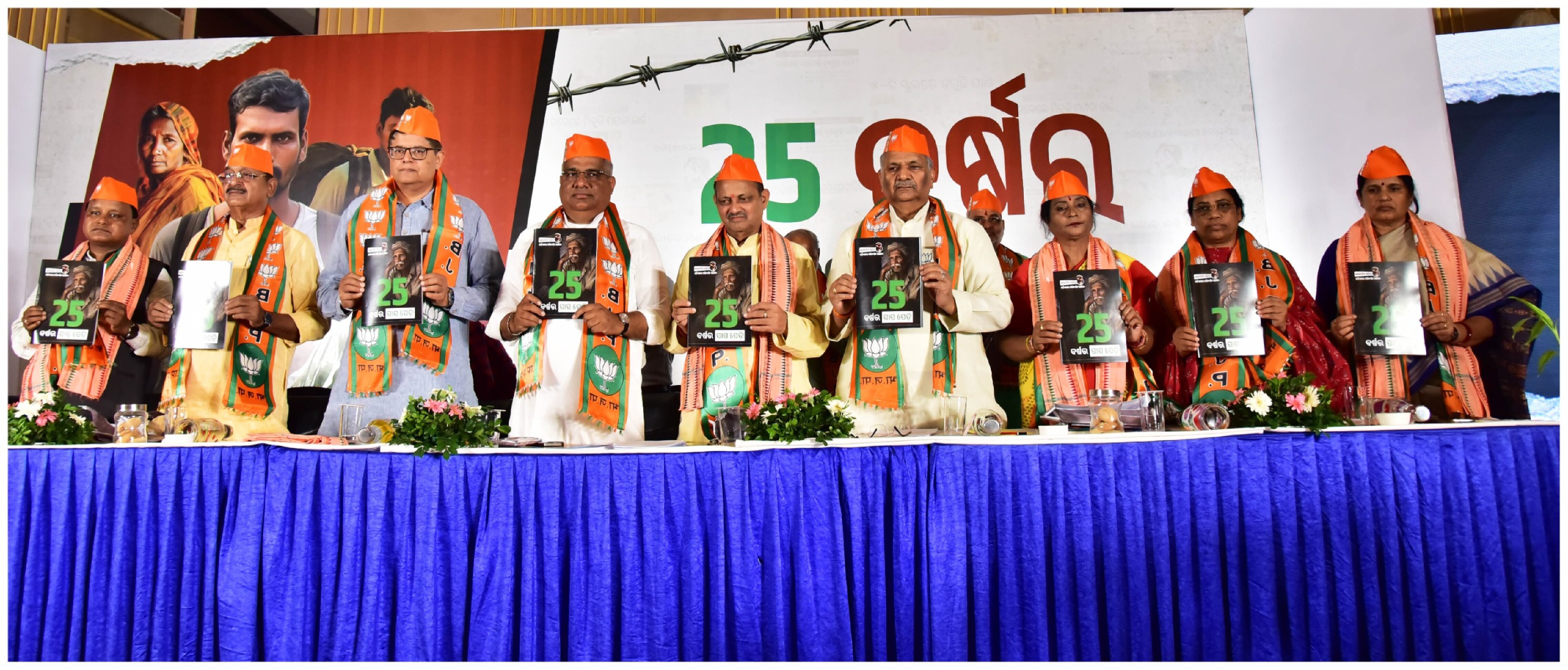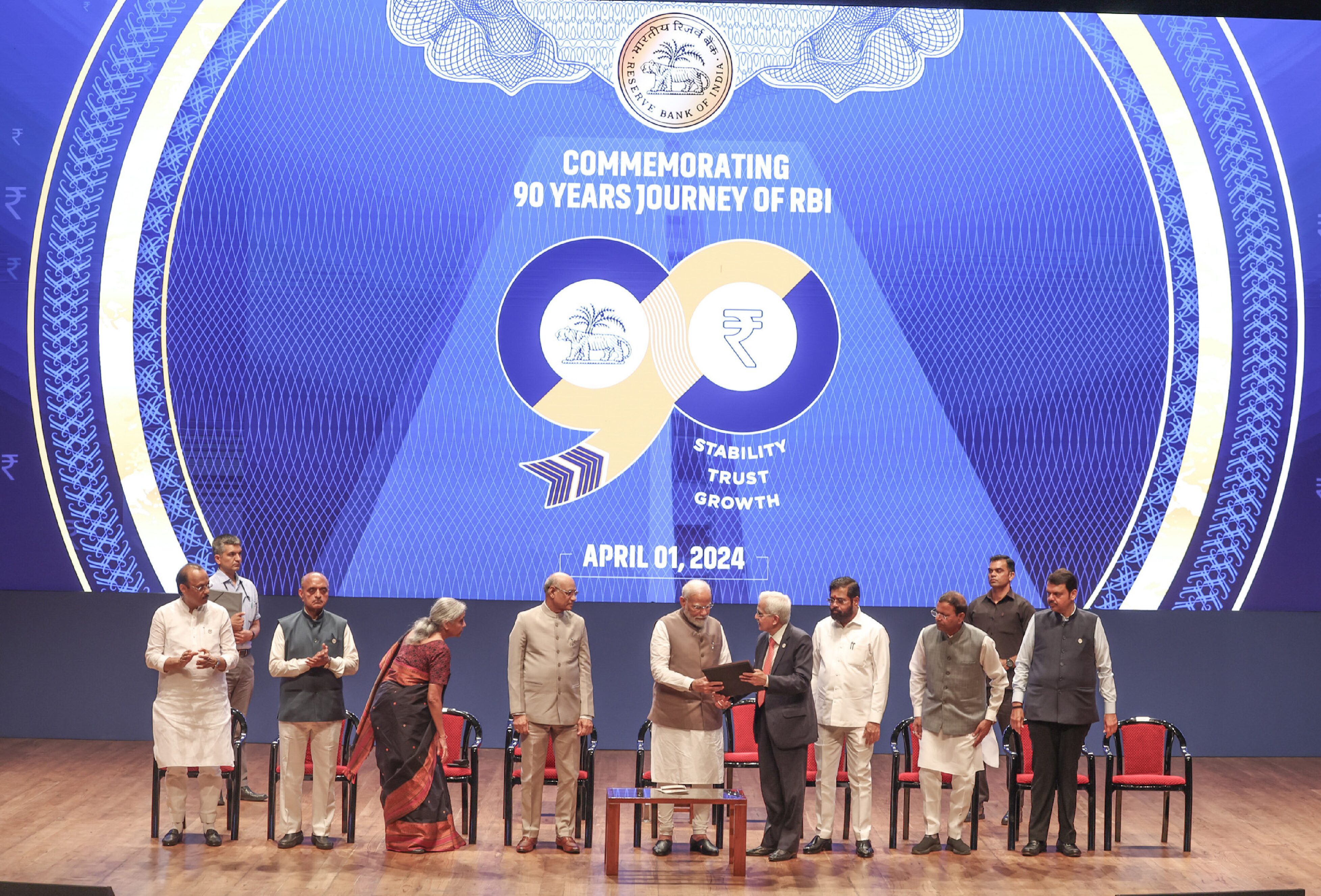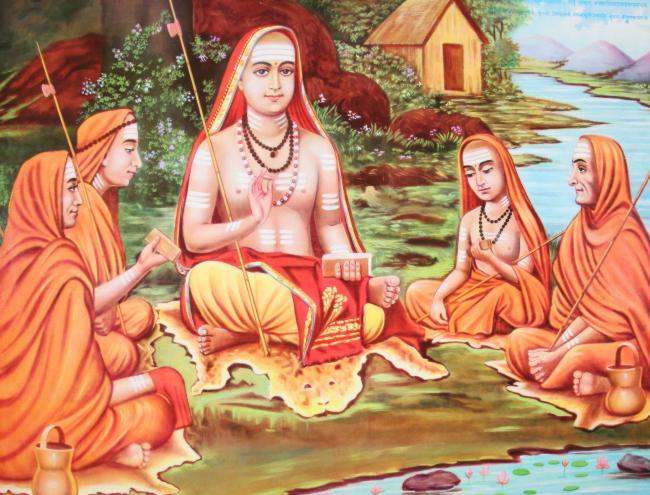Atmabodha or self realisation is defined and elucidated by the great Adi Shankaracharaya. Just as a language of chemistry book is needed by the learnes of chemistry intitially to enter into the study of chemistry; similarly the etymology of Atmabodha with certain words are indispensable for the understanding and appreciation of the teachings of Vedanta. It is like the Key, by possessing which, one can unlock the doors of Vedanta. Swami Saddananda Saraswati explains these terms, phraseologies and its significance to avid listeners at the annapurna memorial hall, which is conducted in the first week of everymonth.
While interpreting the ‘Atmabodha’ written by AdiShankarcharya, Swamiji explained that one should be endowed with four indispensable qualities inorder to realise the soul consciousness the four qualities are:
- a) Power of faculties of the mind to distinguish between good and evil, truth and untruth, the world of the mutable many and the immutable one.
- b) To be non-attached to the world of illusions or falsehood.
- c) To possess the qualities of Sama, Dama, Uprama, Titikshya, Shraddha, Samadhan. These six divine qualities are to be cultivated and together they form an integrated whole. A man who desires spiritual progress and perfection ought to possess these above six qualities in order to inculcate spiritualism in life ‘Sama’ means controlling the thoughts of the mind. ‘Dama’ means controlling the sense organs. Uparama means to reject the discordant elements of the mind and to direct the mind towards self realisation and to perform ones duty accordingly.
- d) Titikshya, in other words means that one should not be swayed be honour and good fortune and ought not be depressed by ignominy. One must always possess the cool of the mind without expressing reactions, either in good or bad times. Shraddha or the knack of the mind with all its sincerity and love towards ‘Guru’ e the perceptor or to the Shashtras or the holy scriptures, without faltering of the mind.
- e) Samadhana means the resolve or the determenation of the mind on the part of the Sadhaka with an innate inquisitiveness to acquire self knowledge. In the opening cantos, the Archaraya says:
Tapobhih ksheenapaapanan
Shantanam veetaraginaam
Mumukshyunampekshoyam
Atmabodho vidheeyate !!
Bhagban Shankaracharya has made it abundantly clear that this book ‘Atmabodha’ is specially intended for those spiritual seekers, who have already made their negative qualities arrested, those whose hearts are in a state of calm and those who have abstained themselves from the material pursuits of life. Finally this book will be of great infortance to those who are desirous of making themselves free from the continuous cycle of birth and death. Swamiji brought out numerons examples and made it clear to his audience that ‘Tapah’ means every effort interspersed with AtmaSamyam or self control. He also cited innumerable examples and described ‘Mumukshya’ as a continuous search to arrive at the state of Mokshya or the ceassation of desires or an ideal state of eternal blessedness. Swamiji brought home to his discerning audience that this mokshya, which is the ultimate destination of soul’s journey, cannot be accomplished without dawning of proper knowledge or proper wisdom. He quoted Shankaracharya copiously and further made it clear that just as fire is the direct cause for preparing various dishes; similarly Atmabodha or the wisdom of the self is indispensable to arrive at the state of moksha. Swamiji finally concluded that a constant awareness of the self being imbued with Tapah or austerity is the way leading towards Moskha as Bhagban Shankaracharya has clearly suggested in this celebrated treatise.
Collected from the talks and intrepretations on Atmabodha By H.H. Swami Sadananda Saraswati, who is the head of the Chinmaya Mission of Orissa chapter.









































